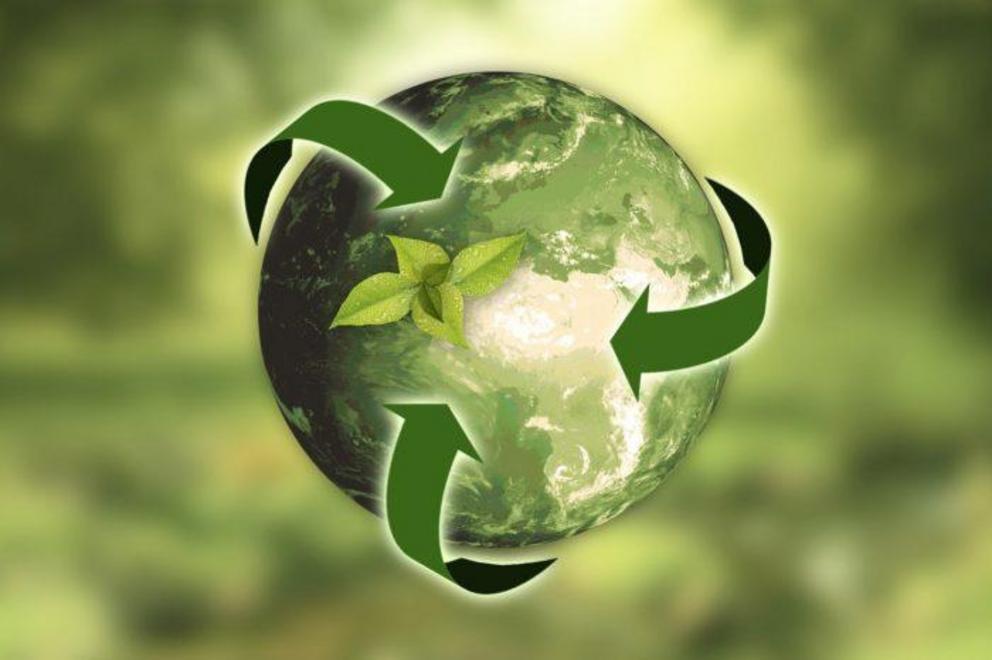Human waste can be an asset to the economy and environment
Human waste might be an unpleasant public health burden, but scientists at the University of Illinois see sanitation as a valuable facet of global ecosystems and an overlooked source of nutrients, organic material and water.
Their research, directed by civil and environmental engineering professor Jeremy Guest, is reported in the journal Nature Sustainability.
Human beings derive benefits from the ecosystems around them – services that often go undervalued in traditional economic systems, the researchers said. These ecosystem benefits include things like forests providing wood as a building material and natural hydrological processes that improve water quality.
“In previous research, we have shown that human waste can provide a potentially valuable source of nutrients and water to enhance agriculture,” said lead author John Trimmer, a civil and environmental engineering graduate student. “In the new study, we expand this concept and set out to find connections between ecosystem services and the recovery of nutrients, water and organic matter from sanitation systems – then define and analyze the viability of pathways through which those recovered resources might further enhance ecosystem services.”
The researchers found that between 2000 and 2018, there were over 56,000 published studies that discussed sanitation and resource recovery and approximately 36,000 on ecosystem services; of these, 155 discussed the linkages between the two fields.
The team identified six key resource recovery and sanitation topics covered in the published studies: wastewater treatment, wastewater reuse, natural or constructed wetlands, nutrient and carbon recovery, stormwater reuse and regulation, and energy recovery.
“We next identified the pathways in which the recovered resources and ecosystem services may lead to something of direct societal value,” Trimmer said. “For example, nutrients recovered from a wastewater facility can be applied to farmland to increase food production.”
The study describes 17 potential ecosystem services made available from the nutrients, water and organic material recovered from sanitation systems serving human populations. These include water purification, nutrient cycling, food provisioning and climate regulation, for example.
“The practical feasibility of the potential linkages is difficult to define at this conceptual stage, but they will be highly dependent on local circumstances such soil conditions, climate, fertilizer and energy markets, water resources and socio-cultural norms,” Trimmer said. “However, we began to examine some critical issues related to the location of recoverable resources and ecosystems, sanitation and recovery technology and financing mechanisms.”
“Environmental issues like biodiversity loss and climate change are increasingly prominent in the public eye and people now want to know what we, as a society, are going to do about them,” said Daniel Miller, a natural resources and environmental sciences professor and study co-author. “Our research points to the unexplored aspect of sanitation and how it might contribute to addressing such problems. We typically think of sanitation as degrading the environment, but we find ways it could actually help improve it while bringing benefits for people.”

